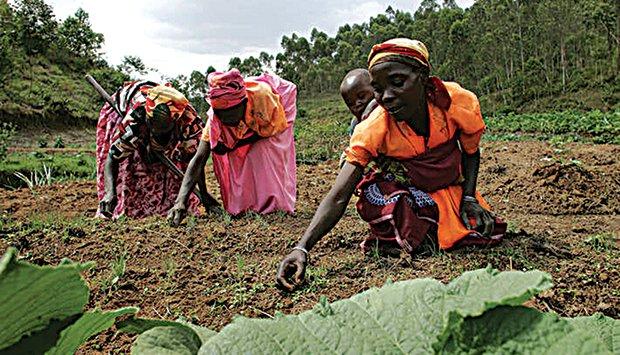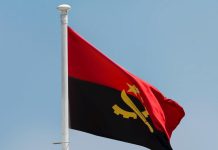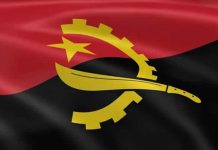Africa-Press – Angola. The deputy governor of Malanje for the Political, Economic and Social Sector, Domingos Eduardo, said yesterday, at the opening of the 22nd Provincial Meeting of ADRA Communities, that of the 23 legalized cooperatives, five are made up of young people from the municipalities of Malanje, Cacuso, Mucari, Quela and Luquembo, in addition to 33 in the conclusive phase of the process.
Domingos Eduardo stressed that the municipal, provincial and national conferences promoted by the Action for Rural Development and the Environment (ADRA) represent for the Executive a moment of dialogue between civil society organizations and the Government on the local and central public policies described in the PND- 2018-2022.
He said that public policies translate into programs and projects underway in the country and that they have been contributing to the promotion of the well-being of populations, with emphasis on the Program to Combat Poverty and the Integrated Plan for Intervention in Municipalities (PIIM ), which has allowed the construction and rehabilitation of basic social infrastructures.
The deputy governor of Malanje for the Political, Economic and Social Sector considered it important that civil society organizations develop actions in line with the programs and projects of the Government of Angola, seeking to reduce the negative impact of the major problems of the populations.
Domingos Eduardo referred that the approach to the themes proposed for the 22nd Meeting of ADRA Communities – Antena Malanje has the high point in the presentation of the main lines of force for the next five years, with emphasis on the component of Education for citizenship that should continue to be part of the work schedule.
Public policy
In this regard, the official asked ADRA to pay special attention to motorcycle taxi drivers, whose activity gains visibility and protagonism, and cannot be ignored. “Unfortunately, the activity has been marred with a frightening number of fatal accidents,” he stressed.
The deputy governor defended the promotion of actions for the participation of civil society in the follow-up and monitoring of public policies, programs and projects underway in the country.
“This exercise reinforces the Executive’s accountability mechanisms to civil society in general”, he said, encouraging civil society organizations to consolidate their participation in formal spaces of dialogue with State institutions to make it more inclusive, interactive and communicative.
The Annual Meeting of Communities (EAC) had as its fundamental objectives to define the guidelines for the 2023-2027 five-year period, as well as to identify the main development needs of the country and the communities supported by ADRA in the next five years, providing moments of debate on the prospects for the evolution of public policies to support rural development.
The 22nd Provincial Meeting of Communities has established itself as an important instrument for interaction between community representatives, as well as State institutions at various levels, constituting a privileged moment for social advocacy and debate on various issues in the country.
For More News And Analysis About Angola Follow Africa-Press






